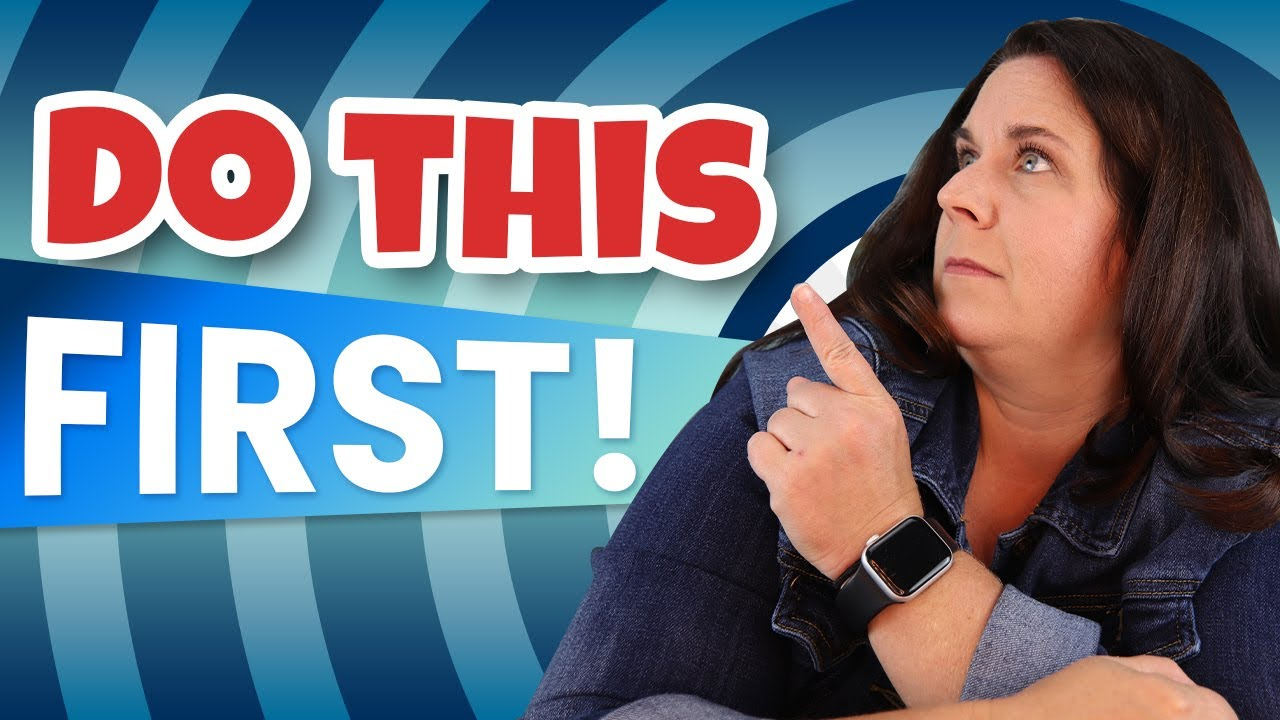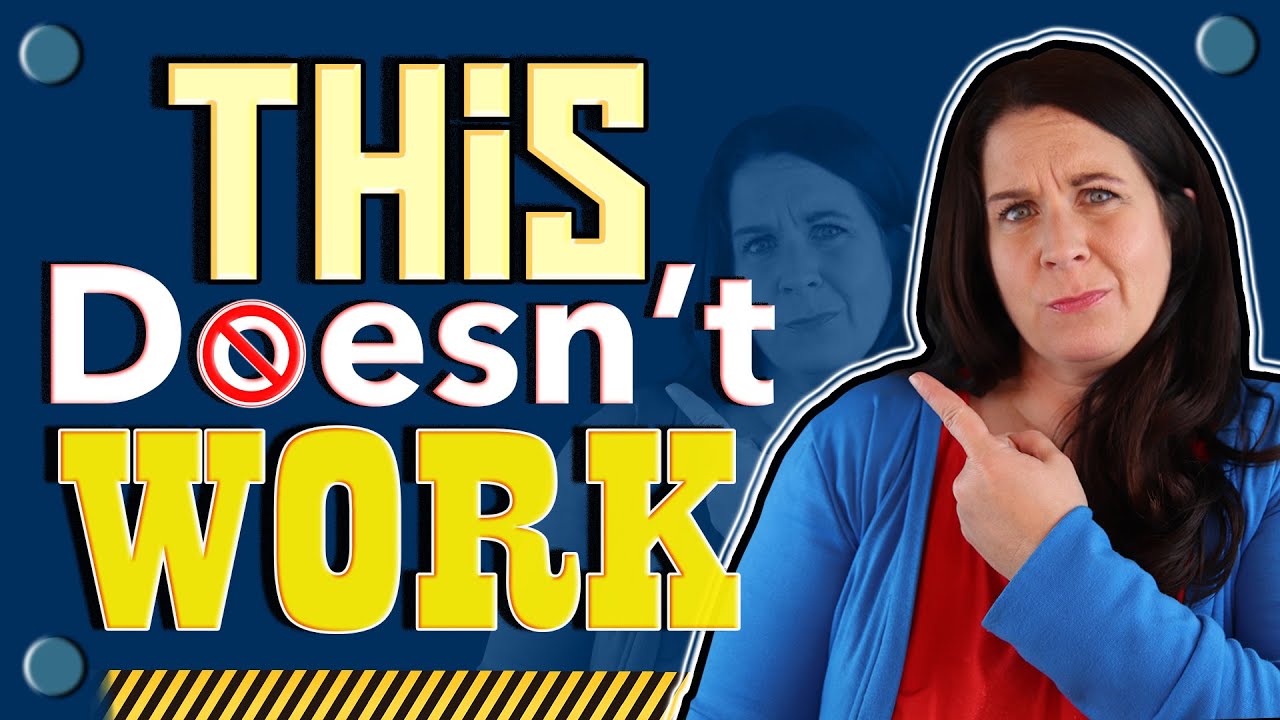How To Help Someone Decide To Get Sober
The first step to helping someone decide to get sober is to stop trying to change them and start trying to understand them. That is the essential ingredient. It's the foundation that you must put down. Otherwise, you're not going to get anywhere.
This is the most effective strategy that a family member can have. This is where every family should start, and if you get stuck in the process along the way, this is where you should return. Think about this as a home base, trying to understand the person and their situation.
This idea came to me when I did a video interview with Kyle from Sober Dogs, which you can watch HERE. He asked, how do you change a teenager who doesn't want to be changed? I said that's it! I don't focus on changing them. I focus on trying to understand them. When there's resistance, it's because people don't want to be changed. They don't want to be judged.
If you focus on hearing and understanding someone, you're going to lay down the groundwork for effective change, but you're not trying to change them. You're just trying to understand where they're coming from, and you have to understand it in a non-judgmental way.
When it comes down to it, human behavior always makes sense. It makes sense when you start to put together all the puzzle pieces. If you understand the context of that behavior, all the contributing factors, you'll be like, yeah, I guess I could see why they're doing that. Or I know why they think that, or I see why they feel that.
Once you change your perspective, you start to feel differently about that other person, which causes you to react to them differently. Not just what you say and do, it changes your heart and your whole vibe about how you come at them. Which in and of itself alone will take their walls down because they don't feel under attack.
The second reason you want to do this is that people inherently want to be understood. If they feel like you are a safe place, and you're trying to understand them from a non-judgmental level, they will come to you more. This is essentially what happens in the counseling process.
People that resist coming to counseling don't want to go because they don't want to be judged by the counselor or they don't want to be judged by other people for the fact that they're going to counseling.
Trying to understand another person is healing for you and healing for them. It makes everyone put their defenses down and creates a much safer dynamic for both people. When the shields are down, everyone will be heard more effectively. The more someone feels like you understand them, the more credit you have with them. Then your opinion and your thoughts matter so much more to them. Not only do they care what you think more because they care more about you, but they put more validity in your thoughts and ideas because they feel like you get it, you get them from every angle, and you understand where they're coming from.
Those are big, scary steps if someone's in active addiction and taking steps towards sobriety. They're not sure if it will work out, and it takes a lot to get yourself to take those steps. That credit you're building with the person ultimately allows you to have more influence over them.
They will have to trust you for you to have any influence over them.
There are many ways to try and understand someone, but the most obvious, quickest, and easiest way is to ask them questions. Listen to their responses and then ask them questions about their response.
If you're dealing with someone who's closed off or has many defenses, this may not work the first time you do this. You have to be consistent in the way that you come at them. Show no matter what response they give you that you're safe and you're not going to judge them.
Eventually, they're going to start opening up. Some people do take a little longer than others. Counselors get a little extra training on this. We made it right. If you're interested in learning more about counselors' techniques, you can take my Motivation Masterclass. This class will tell you more about the step-by-step process of accomplishing exactly what we're talking about.
Bonus:
Let's say you're dealing with someone who's defensive or doesn't want to talk, or who's closed off, or maybe they have trauma. Here's a trick that might help you say people subconsciously make you feel how they're feeling.
If you check in with how that person is making you feel, that's probably a good indicator of what's happening inside.
Once you've built that credit, how do you get someone to take steps toward sobriety?
Amber Hollingsworth
Videos to watch next:


